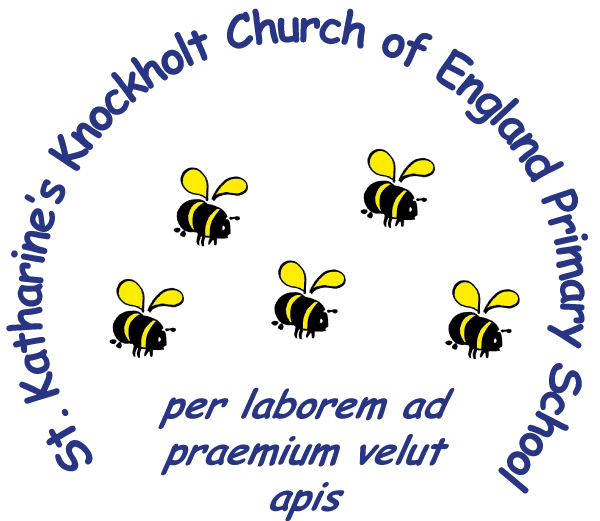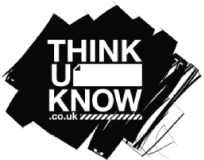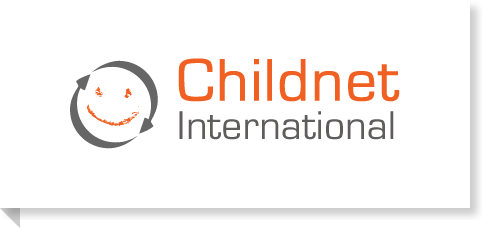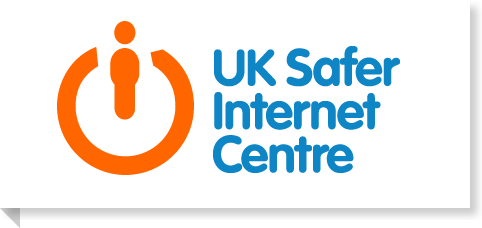E-Safety
Keeping Safe Online
With technology advancing at a rate faster than most of us can cope, and with the added pressure of children nowadays being at the forefront of exposure to this advanced technological age with regard to the internet, mobile phones, laptops, computers and tablet devices, we believe that e-safety awareness and safe practice is of paramount importance.
We understand and appreciate the need for children to learn of and embrace these technologies and as a result we equally understand the need to teach them to use it responsibly, ethically, wisely and to guide them on how to best prepare themselves to stay safe while online.
Of course, as with all things in life, the good always seems to be accompanied by the bad, and we therefore feel it is so important to help prepare children by showing them the options available to them if should they experience something they feel uncomfortable with while online in this digital age.
https://www.internetmatters.org/parental-controls/social-media/
https://www.nspcc.org.uk/keeping-children-safe/online-safety/talking-child-online-safety/
Social Networking
Please respect people’s privacy when using any social network sites. If you are concerned about any aspect of school life, as a matter of respect and courtesy, please talk to the school before posting anything online.
Important Organisations and Reporting a Problem
If you have any concerns about e-Safety then please do not hesitate to come in and speak to a member of our Senior Management Team.
CEOP (Child Exploitation and Online Protection Centre):
- The Child Exploitation and Online Protection Centre (CEOP) delivers a multi-agency service dedicated to tackling the abuse and exploitation of children in the 'real world' and the 'e-world';
- ClickCEOP is accessible on Facebook - it launched in July 2010. By adding ClickCEOP to your Facebook account, young people and parents can get support on a range of issues such as viruses, hacking and dealing with bullying online. They can also report someone who is acting inappropriately: www.facebook.com/clickceop
Think U Know
There is also a suite of resources to support children with SEN including children with mild to severe learning difficulties, are blind or have a hearing impairment.
The Childnet website contains practical advice and information for parents and carers to help keep children safe online. There are 4 main sections.
- What do I need to know?
- Need Help?
- Hot topics
- Glossary
UK Safer Internet Centre
The Safer Internet website also contains practical e-safety tips, advice and resources to help children and young people stay safe online.
It advises that there are 4 steps to helping children stay safe online (2013, UK Safer Internet Centre)
- To have ongoing conversations with children about staying safe online
- Use safety tools on Social Networks and other online services
- Decide if you want to use Parental Controls on your home internet
- Understand devices and the parental controls they offer



